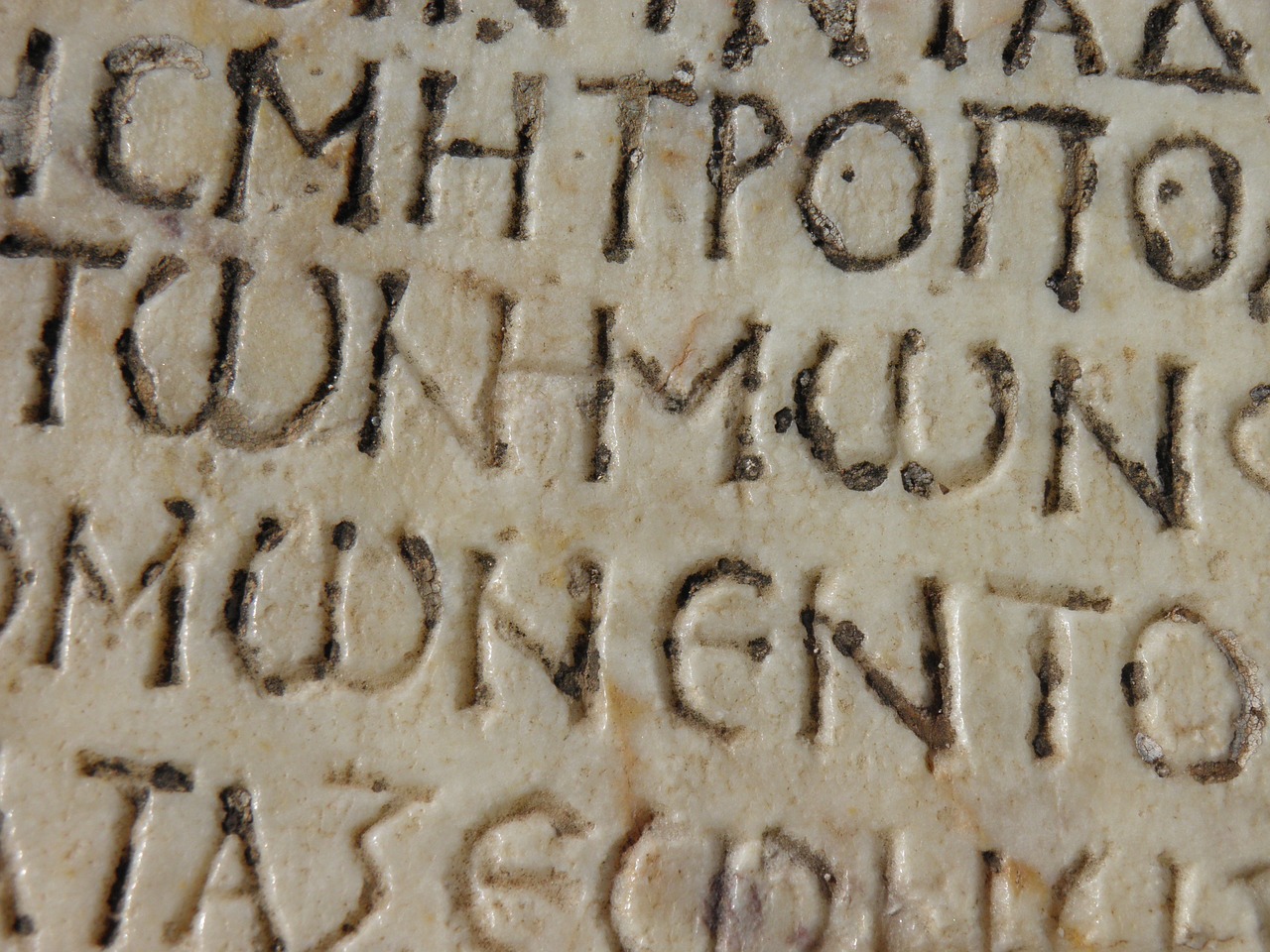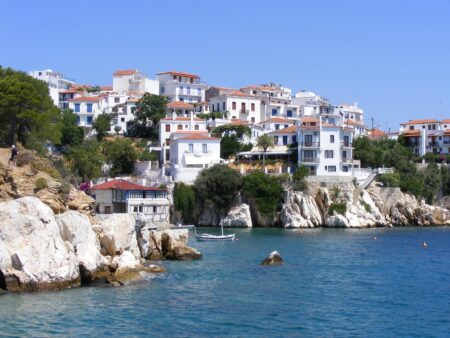Kalo Mina, welcome to February

“Καλό μήνα” (Kalo Mina), or Good Month! We stepped into 2025 and it’s already February!
I hope this post finds you all in great spirits! I wanted to take a moment to explain the radio silence. Life’s journey has taken an unexpected turn, and I haven’t been as active as in the past years because of a serious health problem. I was diagnosed in October 2023 and since then, my adventures have been on hold. But that does not mean that family life stopped, and I am finding joy in the everyday moments with the kids instead. Sometimes, the best adventures happen right where you are!
Things are better now, I am getting back on track and planning our next adventure for Easter. Thank you for being a fantastic part of this journey! Sending you all heaps of positivity, love, and virtual hugs for 2025.
Kalo Mina in Greece
Now, why Kalo Mina? On the first day of each month, Greeks will greet just about every single person they know and meet: “Καλό μήνα” (Kalo Mina), which literally means “good month”. It is the Greek way of wishing friends and family a good month ahead of them, their way of wishing you well.
The origin of the tradition is not precisely documented, and it seems to be deeply rooted in Greek folklore and cultural practices. It reflects a desire for positive and prosperous times in the coming month. While the exact historical roots may not be traceable, it has become a common and cherished way for Greeks to express good wishes and positive intentions at the start of each month.
The phrase is used among friends, family, and acquaintances, contributing to the warm and friendly atmosphere in Greek culture.
Wishes and greetings in the Greek language

In addition to “Kalo Mina,” there are several other wishes and greetings in the Greek language that people commonly use to convey good wishes and positive sentiments. Here are a few:
- Kali Chronia (Καλή Χρονιά) – This means “Happy New Year” and is often used around the New Year’s season.
- Kali Orexi (Καλή όρεξη) – This is used to wish someone a good appetite, typically before a meal.
- Kali Sarakosti (Καλή Σαρακοστή) – Said during the period of Lent, it means “Good Forty Days.”
- Kalo Paskha (Καλό Πάσχα) – This is used to wish someone a good Easter.
- Kali Tychi (Καλή Τύχη) – Meaning “Good Luck,” this phrase is used to wish someone well in various situations.
- Chronia Polla (Χρόνια Πολλά) – This is used to wish someone many years, often on birthdays or special occasions.
- Na ‘sai kala (Να ‘σαι καλά) – It translates to “Be well” or “Stay well,” expressing a wish for someone’s good health.
- Eftihismenos o kainourgios chronos (Ευτυχισμένος ο καινούργιος χρόνος) – Wishing someone a happy new year.
These are just a few examples, and there are many more variations and regional expressions in the Greek language depending on the context and occasion. Greeks love to express their emotion and there are many ways to show joy, sorrow, love, or other feelings.
In Greece, communication and interpersonal relationships are very important. Expressive language is used to build connections, do business, or make friendships.
So don’t be shy when you visit Greece this year, embrace the abundance of expressions, and try to communicate openly and warmly. You will find that you will easily make new friends!
Καλό μήνα σε όλους!









